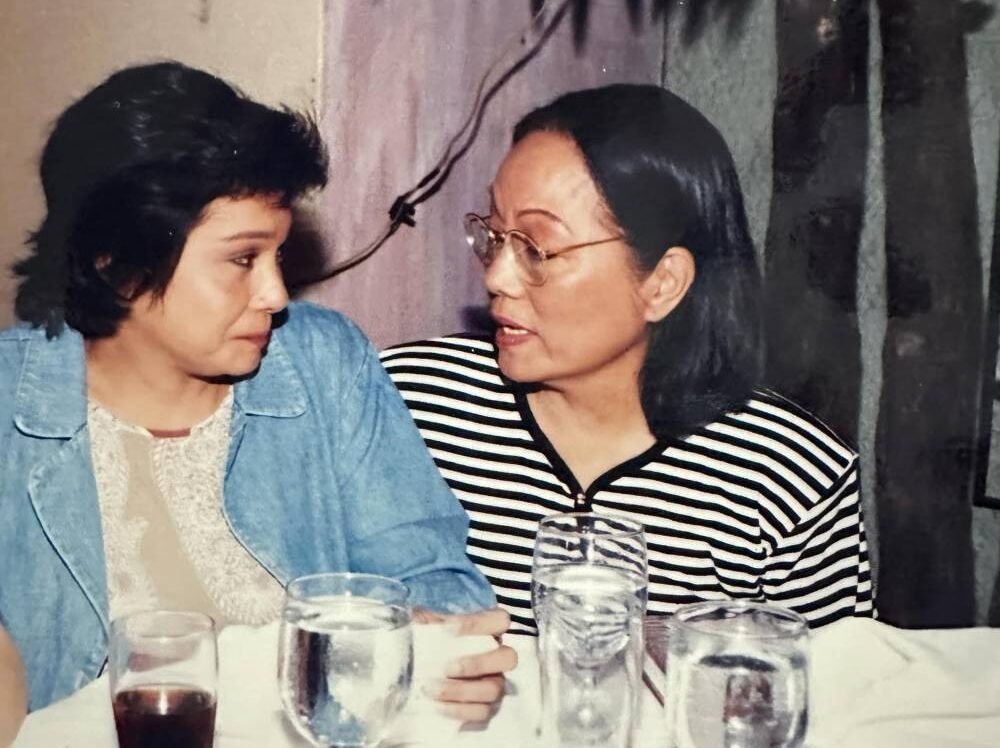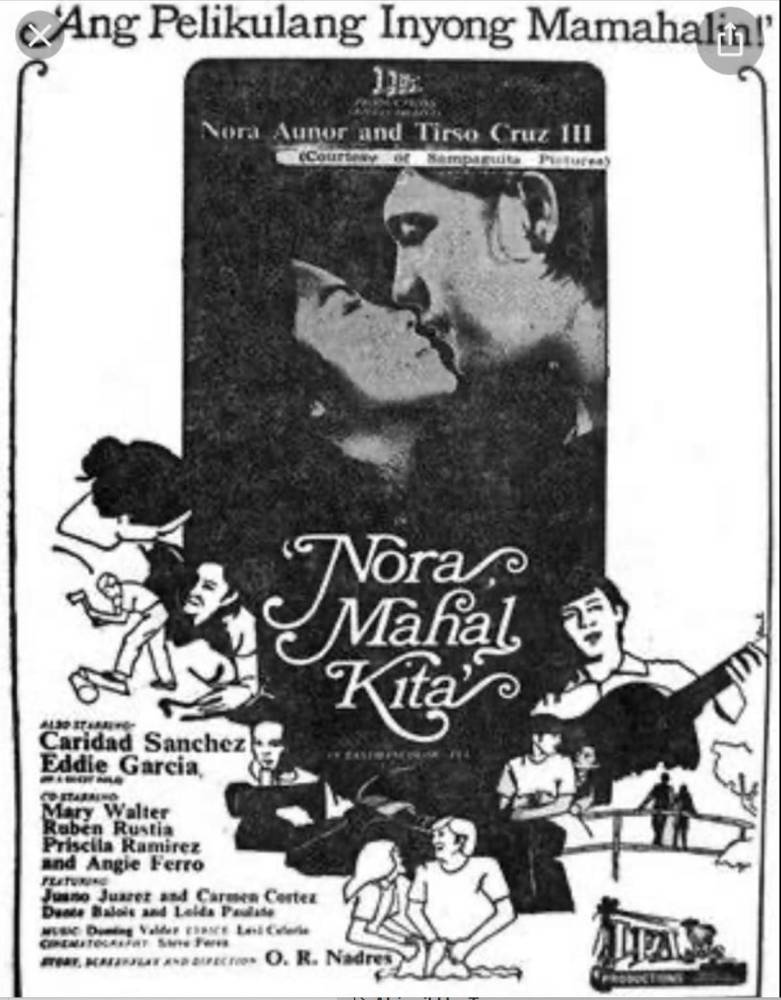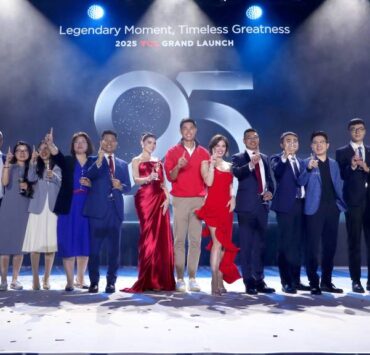Phone calls from Ate Guy

She would often call late at night, when the world had quieted and only the hum of crickets and the buzz of the cordless phone broke the stillness. Once or twice, I was the one who answered.
“Hello, puwede po makausap si Tita?”
The voice was soft, almost hesitant. Shy but oddly familiar—like a song you half-remember but can’t quite place.
“Sino po ito?” I asked, glancing at the clock. Nearly 10 p.m. Who would be calling Mommy this late?
“Si Guy po … ”
What?
A pause. My breath caught. The Superstar herself. Nora Aunor. Ate Guy.
“Sandali lang po, Ate Guy …”
The first time it happened, I stood frozen in place. Starstruck. Speechless. It was the 1980s. She was at the peak of everything.
Mom and Ate Guy shared a friendship as fierce as it was quiet—something forged in long conversations and unspoken understanding. Through the 1980s and well into the early ’90s, their bond held. That was a turbulent season in Ate Guy’s life. She had separated from Kuya Boyet, was raising Ian, Lotlot, and Matet, all while carrying the weight of her stardom and the constant demands of film and public life.
Mom became her sounding board. Their calls would stretch on for hours, the cordless phone drifting from the living room to the kitchen, then to the bathroom, and finally into Mommy’s bedroom—always tucked beneath her chin like a secret. She never said much about the things they talked about, but I knew. I saw it in the way she’d nod quietly, the way she’d sometimes sigh after a long call, as though holding someone else’s heartache gently in her hands.
Kinship
They had met back in the early 1970s, on a Lea Productions film. But it wasn’t until my father passed away in 1981 that their friendship deepened into something else—something close to kinship. Over the years, I lost count of how many times Ate Guy moved houses. Ten, maybe more. And when a crisis came—and there were many—Mom would drop everything and go.

“Mabilis lang,” she’d say, almost out the door. “May pinagdadaanan lang si Guy.”
One afternoon, after picking me up from school, we went straight to Capitol Medical Center. One of the kids—Matet, I think—was confined. Ate Guy was away. From there, we drove to their house in the Scout area to check on the others. I watched my mother quietly slip into this other role—comforter, fixer, second mother. She had always had a soft spot for her co-stars, but with Ate Guy, it was different. Deeper. Steadier.
There was something about the Superstar that always felt the opposite of what the world imagined her to be. She was simple, soft-spoken. Mapagkumbaba. She was, as Mommy used to say, “ibibigay lahat.” Generous to a fault. And though she belonged to the public, she preferred the quiet company of a few—family, old friends, people who wouldn’t ask her to be anyone but herself. Conversations that stretched into midnight and meandered toward dawn.
Sometime near the end of that decade, Mommy called me into her room.
“Halika, tignan mo ito,” she said.
She was holding a small velvet box, the kind that clicked open with a soft sigh. Inside: a pair of diamond earrings, gold-framed, catching the light like they had something to say.
“Bigay ni Bulilit,” she smiled.
She told me she had tried to give them back. It was too much, she said. But Ate Guy wouldn’t hear of it. “Sasama po ang loob ko,” (I will feel bad) she had said, refusing.
Tucked beside the earrings was a small handwritten card, no frills, just feeling:
“Tita, maraming, maraming salamat sa lahat.”
Even now, I can still see the earrings, catching sunlight from the window. And I think about friendship—the kind that doesn’t need to shout, the kind that moves quietly, late at night, from sala to bedroom, across movie sets and hospital corridors, across years. The kind that shines quietly, like a gift that cannot be returned.
Ate Guy left the way she often lived off-screen: quietly, without fanfare, as if not wanting to trouble anyone. But in her wake, she leaves behind a brilliance that refuses to dim—a light that lives on in every song, every role, every life she touched. She was more than an icon. She was a rare soul, generous and grounded, a woman who bore the weight of fame with astonishing grace. The one and only Superstar of Philippine cinema.





















